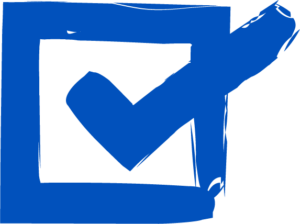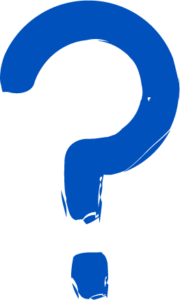
(Social) impact, what’s that ?
Several definitions for social impact exist, as well as for the assessment or the measurement of social impact. This is our definition : “Impact is a group of sustainable changes, positive or negative, expected or unexpected – attributed to the activities reviewed/of the organization, either environmental, economic or social in nature.”
So, the assessment or measurement of the impact aims at determining/evaluating – in the most objective manner possible – on the one hand, the changes that take place for the recipients (or key stakeholders, participants, etc.), and on the other hand, the effective allocation of these changes to the organization’s activities (and not for external or random factors).

How long does an average assessment last ?
The tasks of evaluation that we carry out take from a few months to several years (usually, three to four years). The schedule generally depends on the timetable for the operation, the assessment methodologies used, and the organization’s deadlines, or those of his/their backer(s). A proper balance must be found for these criteria (the scope of the actions to be evaluated and their timelines, methodologies, key deadlines, etc.), which is an integral part of our advisory role upstream of any assistance.

How much does an average impact assessment cost ?
Unfortunately, it isn’t possible to provide pre-defined tariffs for the projects that we undertake, because each are highly varied in terms of methodology (the methodology chosen is one of the main factors that explains the cost of the assessment), the multiple number of stakeholders to be reviewed, the duration, the logistics, the coordination challenges to be faced, etc. Costs can go from 10000 € to 40000 €, even much more when we are working during several years for example. Because pragmatism is one of the key pillars of our daily work ethic (see “Our Convictions”), it is highly likely that, working together, we will find a way to meet your specific demands while respecting your budget constraints.

For whom and where do you work ?
We primarily work for French organizations operating in France and/or abroad. We may travel for short periods (from a few days to a month on average), if necessary, in order to collect data in the field. For more far-reaching projects, or areas further abroad, we usually find it more pertinent to work with local partners. In India, for example, we have a privileged partnership with Y-East.

Is it possible to see some examples of your work ? If yes, where ?
We are not always able to disclose the reports that we produce for our assessment missions. When an organization authorizes us, we include the report next to their name here with a download link, or a redirect to the appropriate page.

Is an external evaluator really necessary ?
Yes, independence is key, since it’s what ensures the pertinence, credibility, legitimacy, and transparency of an assessment’s outcome. We are unaware of any clear criteria to date that allows one to judge the independent character of an evaluator. Nevertheless, three concepts guide our daily commitment and lead us to believe that we may claim to be independent :
– No conflict of interest : this is a question of insuring that no professional or personal connection (past, present, or future) with the organization will interfere or influence our judgment, and thus call into question the quality of our work.
– A structure which is unique : because of our status as an association, no subordinate or hierarchical relationship exists between Improve and the organizations for which we work. Our economic model – like all social enterprises – is based on the compensation for services provided. Furthermore, we receive no subsidies or funds from public or private institutions. Our organization’s independence is the necessary condition required for guaranteeing quality, transparent and reliable results.
– Finally, our expertise involves the mastery of recognized and rigorous assessment methodologies that allow us to explain/clarify the results we put forward with precision and transparency. These technical competencies and methodologies are not a measure of independence in and of themselves, but they limit the risk of biased and subjective interpretation.







